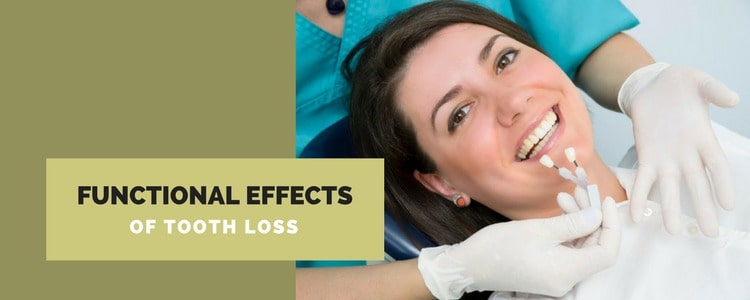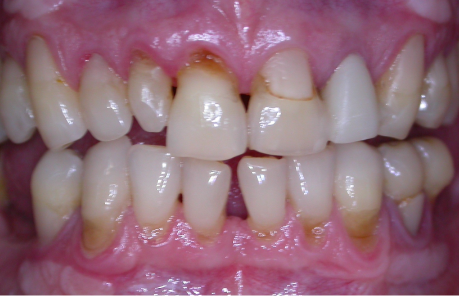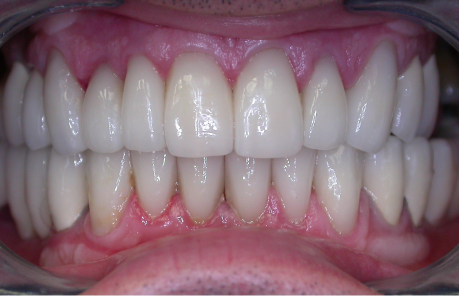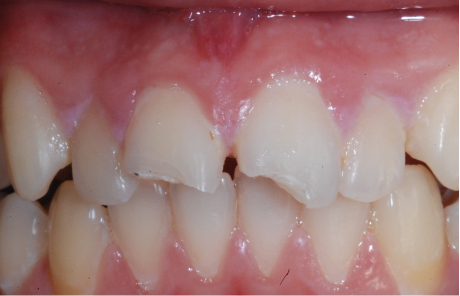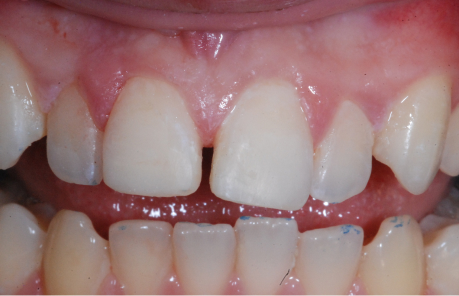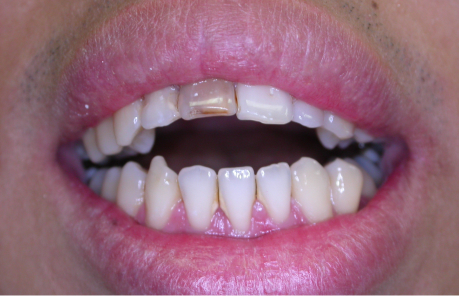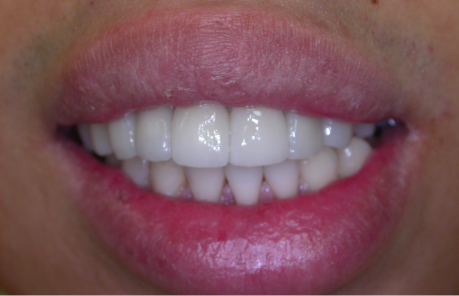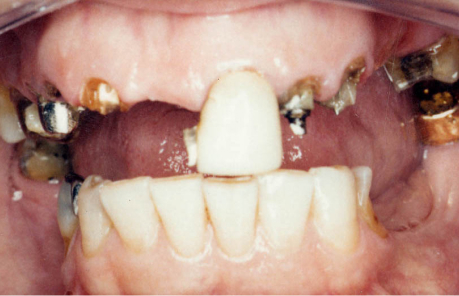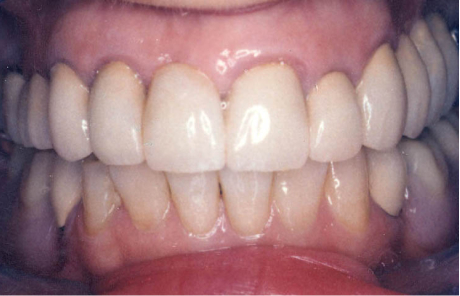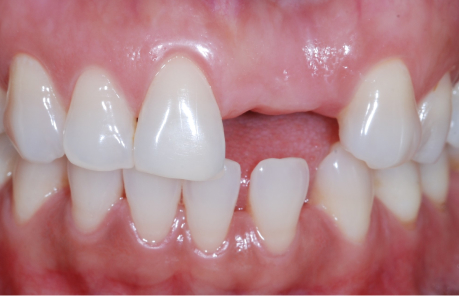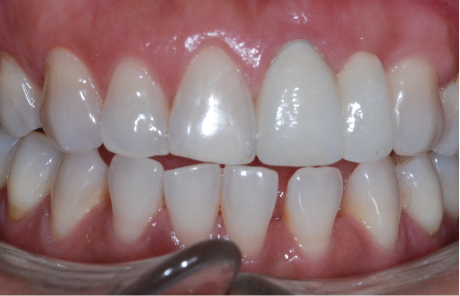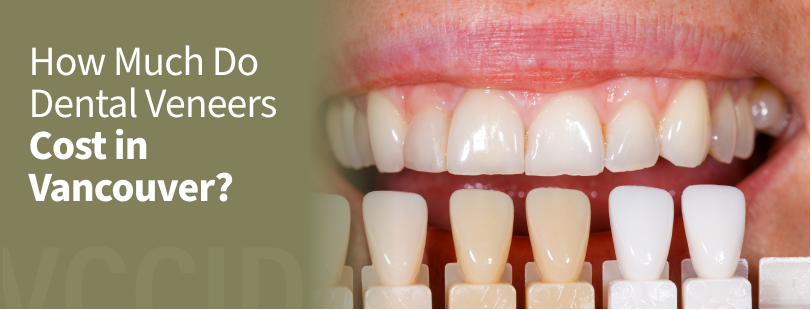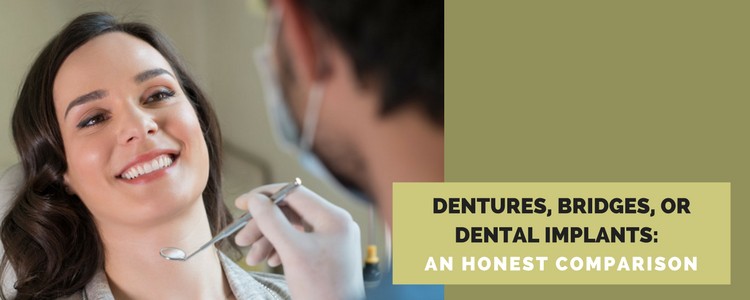Difficulty Chewing and Eating
So next, we’re going to talk about what are the functional changes. In other words, our ability to chew and eat. How is that effected when we lose teeth? It’s well known and been proven in various studies going back as far as 1948 and further that the more teeth we lose our biting force our chewing force is decreased. We end up swallowing larger bits of food and often times we start avoiding certain types of foods, foods that are difficult to eat. In fact, in the end stages, when it gets really bad, about 1/5 of the people only wear one denture at a time because they find it’s so uncomfortable or so difficult to chew with these moving objects in their mouth that they find it’s easier if they just take one of them out, and some people don’t even wear their dentures at all. They find that just they’re so uncomfortable and about 17 percent, in one study back in 1985, showed that some people can actually chew better with their teeth out then in.
In other words, they can gum their food better than they can chew their food with dentures. And that’s because these become so slippery, they’re moving around, they press, they pinch, they hurt, and people just give up and they end up eating without their dentures. But you can imagine it’s very hard to eat raw vegetables, very hard to eat nuts, and very hard to eat lots of different types of foods when you’re gumming your food as opposed to chewing your food. This picture somebody sent me shows me a rather humorous dilemma that occurs with dentures and the difficulty of chewing.
Of course, upper teeth, we can’t typically bite with the upper denture although some people are fortunate they’ve got a good ridge and a good pallet and shape of pallet and fit of denture that they can bite with the front teeth. With upper dentures, the front teeth are designed for speech, phonetics, and looks, not for biting. Typically, when you bite with an upper denture the back it drops down and the whole thing sometimes drops down. So front teeth are designed for looks. Everything’s meant to be cut with knife and fork, chewed with the back teeth, and today, especially with various food restaurants, it’s kind of hard to eat a burger sandwich with knife and fork, most people tend to eat it with the front teeth.
Other issues, some I’ve already mentioned, are inability to eat certain types of food, people tend to stay away from nuts, raw vegetables, salads, certain meats especially if they’re tough, corn on the cob, and so on. When it gets to the end stage and these get quite loose people start gluing them in to various denture adhesives which is literally a billion dollar industry just in North America alone. They are very messy, they’re very sloppy, it affects the taste of food, it tends to stick everywhere. I have yet to have anybody come in and say they love this denture adhesive, it’s just so wonderful. In fact it’s awful and also tends to effect the taste of foods as well and lastly and this kind of encompasses the whole downfall of dentures is it’s just not very comfortable.
